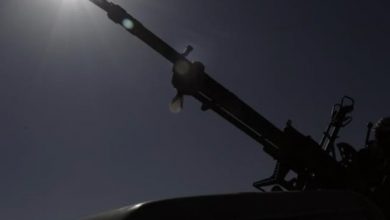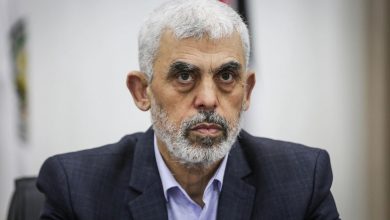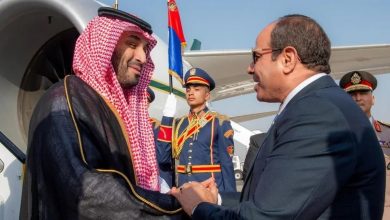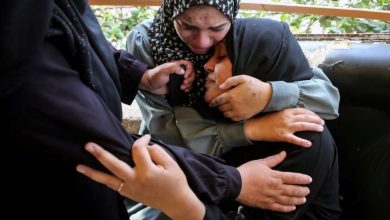World
-

Mukesh Ambani’s net worth tumbles by $2 billion in just one day
Mukesh Ambani, the chairman of Reliance Industries and Asia’s richest person, saw a dramatic drop in his wealth within just…
Read More » -

US deploys B-2 bombers to attack Houthis in Yemen
The United States military said it had launched attacks targeting underground weapons storage facilities in Yemen controlled by the Iran-aligned…
Read More » -

Bangladesh court issues arrest warrant for exiled ex-PM Sheikh Hasina
Bangladesh’s International Crimes Tribunal on Thursday issued an arrest warrant for former Prime Minister Sheikh Hasina, citing her alleged involvement…
Read More » -

Nigeria fuel tanker explosion kills almost 150
Majiya: An explosion tore through crowds of people who had rushed to collect fuel spilling from a crashed tanker in…
Read More » -

Israeli military probes death of Hamas leader Yahya Sinwar following Oct 7 attack
The Israeli military said on Thursday that it is investigating the possibility that it has killed Hamas leader Yahya Sinwar,…
Read More » -

Bengaluru hit by heavy rains, Karnataka govt issues work-from-home directive for Oct 16
The Karnataka government on Tuesday issued a work-from-home advisory for IT-BT (information technology and biotechnology) companies and other private firms…
Read More » -

US suggests military aid to Israel is at risk
WASHINGTON: The United States has warned Israel that it must take steps in the next month to improve the humanitarian…
Read More » -

Saudi Arabia, Egypt agree deeper investment ties, urge Gaza truce
Saudi Arabia’s Crown Prince Mohammed bin Salman and Egypt’s President Abdel Fattah al-Sisi agreed to deepen trade and investment cooperation…
Read More » -

Former Malaysian PM Mahathir Mohamad hospitalised once again at 99
Former Malaysian Prime Minister Mahathir Mohamad has been admitted to hospital for a respiratory infection, his office said on Wednesday…
Read More » -

Israeli airstrikes kill at least 50 in Gaza as forces close in on Jabalia
Israeli military strikes killed at least 50 Palestinians across the Gaza Strip as Israeli forces tightened their squeeze around Jabalia…
Read More »
